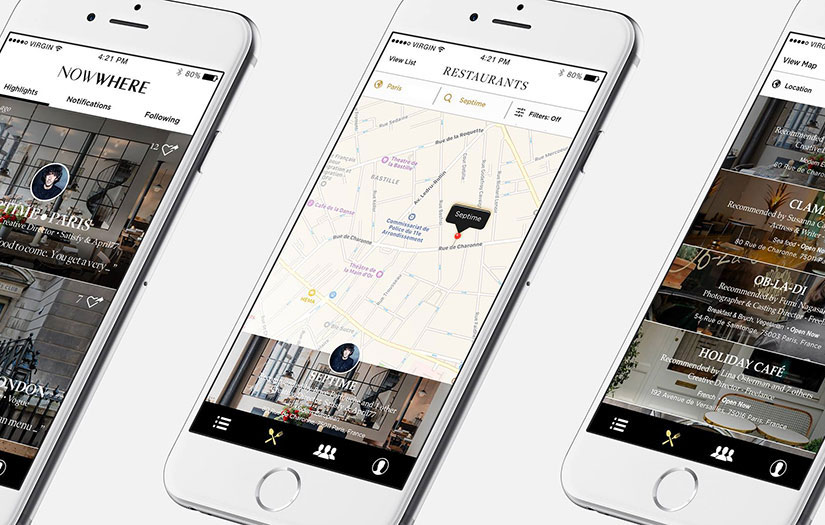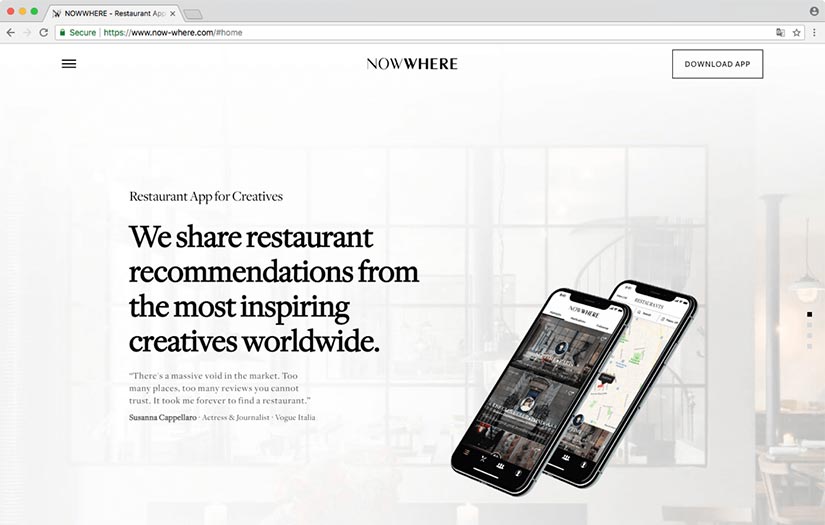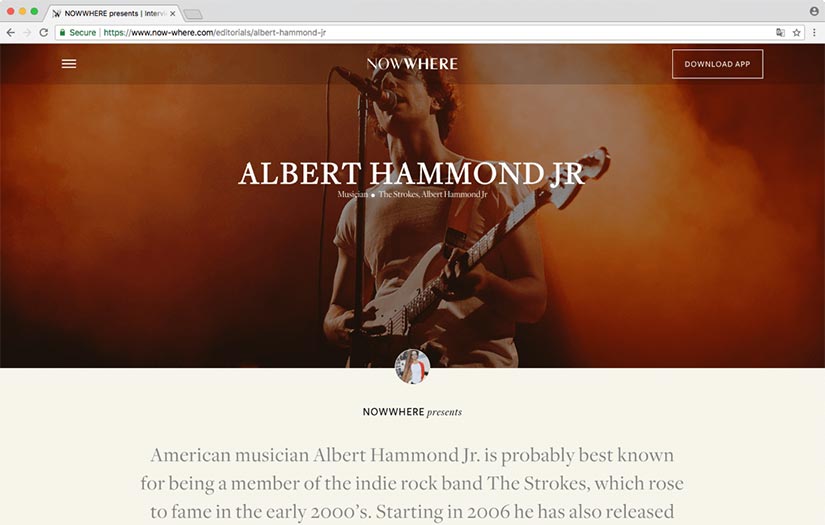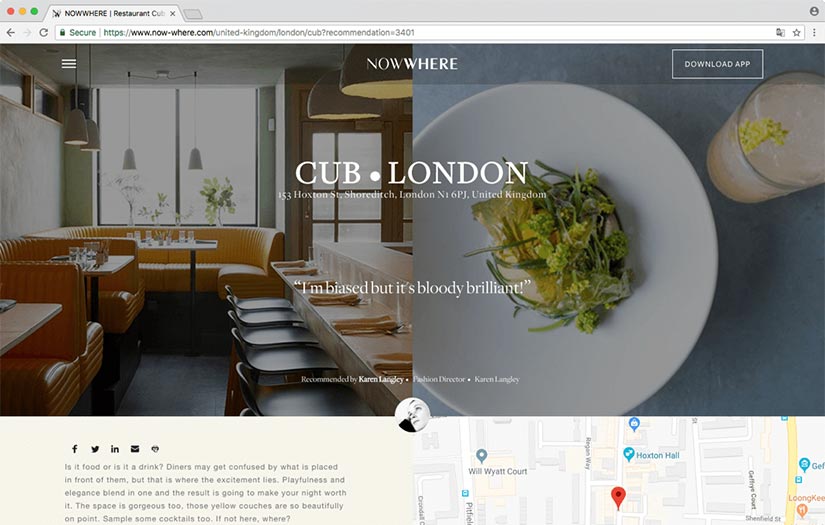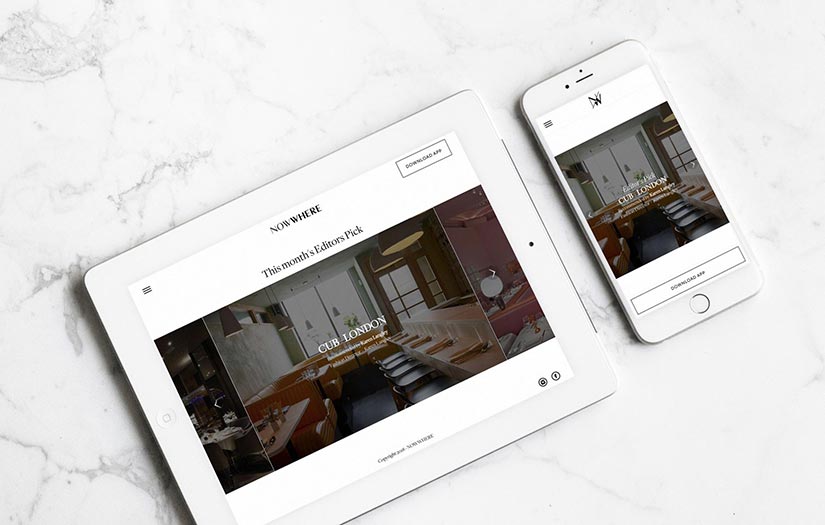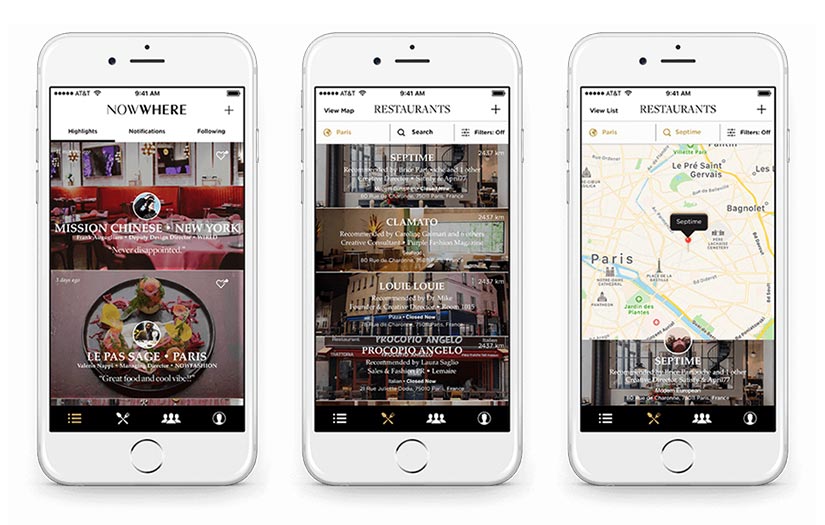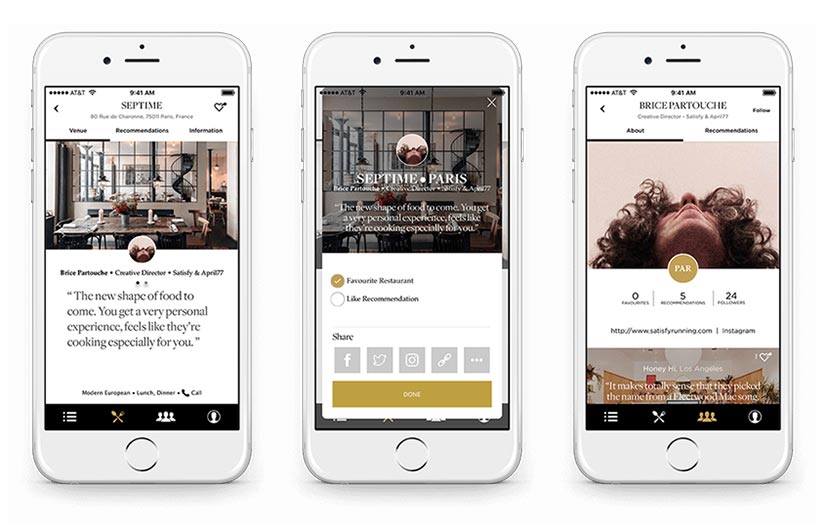Our outsourcing model is the best fit for customers located in the USA or Canada. With us you don't need to worry about hiring top talent or managing delivery. You will get a team of English speaking experts experienced in building full-fledged software solutions.For over 17 years, UKAD crew has developed software to bring our Clients' business to the top.We are proficient in our field and ready to provide you with a full range of IT services and access to our unique expertise. Our Client may be facing a challenge for the first time, but we have resolved similar issues in other situations and already have the recipe for the Client.We are an outsourcing software development company with R&D and engineering teams based in Ukraine and Poland. We specialize in .NET and PHP technologies and deliver quality projects within time and cost constraints.
Focus Areas
Service Focus
- Mobile App Development
- Web Development
- Software Development
- E-commerce Development
- Testing Services
Client Focus
- Small Business
- Medium Business
Industry Focus
- Healthcare & Medical
- Education
- Financial & Payments
UKAD Executive Interview

- an industry in which the customer operates
- number of products, which mostly defines the used tech stack
- number of features, especially, custom features
- if any platform, eg. Episerver or Umbraco, is used or we have to build a full custom solution
- Apptus, ERP, PIM, and other integrations
- speed and uptime requirements. If we can use Microsoft Azure, which we prefer, or if the customer prefers something else.
- what features we expect to have
- what is the budget
- who will operate the website after release, how skilled are the customer's editors
- who is the target audience
UKAD Clients & Portfolios










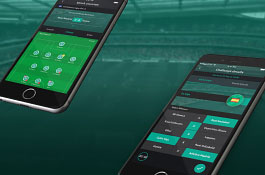


UKAD Reviews
- All Services
- Web Development
- E-commerce Development
- Relevance
- Most Recent
- Rating: high to low
- Rating: low to high

Great experience working with UKAD
Review Summary
What service was provided as part of the project?
Web Development, Software Development, E-commerce Development
What is it about the company that you appreciate the most?
UKAD's workflow was transparent and effective. They were easy to communicate with, and they met all my requirements.

Branding, Web Devevelopment, and SEO for Online Beauty Boutique
Review Summary
While I'm not a tech-savvy person, for me it was very important to know that developers do only things that are really required. Also, I enjoy the quality of communication. And the way how the developers fulfilled my requirements also was impressive. They used Umbraco CMS which is not common, or at least I've never heard about it before, but very comfy and cost-effective.
UKAD delivered for us everything from the design according to our branding to support and maintenance. They launched a website, implemented basic SEO and easy product import.
The quality is outstanding. I see no issues with the website. It's fast, easy to manage and looks as expected.
Cooperation with UKAD was equally bountiful and comfortable. I'm totally pleased both with the process and the results.
What service was provided as part of the project?
Web Development, E-commerce Development
What is it about the company that you appreciate the most?
UKAD team proposed to use a cost-effective solution, I'm quite pleased with the overall costs.
What was it about the company that you didn't like which they should do better?
I'm not sure. Collaboration with UKAD is a great experience.

Real professionals with reasonable prices
Review Summary
What service was provided as part of the project?
Web Development
What is it about the company that you appreciate the most?
Great expertise. Good price. Friendly. Responsible.
What was it about the company that you didn't like which they should do better?
Everything were ok
































